A master work of modernist literature, Ulysses used the structure of the Homeric Odyssey as a contrast to the lives of the Dublin working class. The bleak lives of the Dublin working class formed a stark contrast to the heroic Odyssey and Joyce’s frank realism was too Avant-Grade for the cultural police of the day. Ulysses was brought to light by Ezra Pound, who worked as foreign editor of an American Magazine, The Little Review. Pound sought material for serialization in the magazine and Joyce agreed. From the first installment in 1918, censorship issues dogged Ulysses, eventually forcing a halt to its serialization in 1920. Copies of The Little Review were confiscated and editors were convicted in New York, of publishing obscenity. For about two years during the book was banned in US, Joyce embroidered continuously an the Odyssean theme with textual discrepancies increasing as he added to various circulating copies. Compounded by unauthorized cuts and pirated versions, Ulysses’ convoluted publication history eventually obscured the author’s intent: no definitive version of the text exists. The textual complexities have fueled a vast amount of scholarship. Joyce joked the Ulysses should "Give Universities Something to Work on Well into the Next Century." With the 1992 copyright expiration, there has been yet another explosion in Joycean scholarship and controversy. Whatever its other effects, the censorship and controversy. Whatever its other effects, the censorship battle over Ulysses certainly played a significant role in establishing its literary status. Along with the appearance of T.S. Eliot’s The Wasteland in 1922, the publication of Ulysses signaled the peak year of modernism and became the icon of a new literary era.
James Joyce’s Ulysses: Complete, Original and Unabridged Authoritative Text with Selected Criticism and Background Notes (In 2 Volumes)
In stock
Free & Quick Delivery Worldwide
reviews
Bibliographic information
Title
James Joyce’s Ulysses: Complete, Original and Unabridged Authoritative Text with Selected Criticism and Background Notes (In 2 Volumes)
Author
Edition
1st ed.
Publisher
ISBN
8178884542
Length
694p.
Subjects

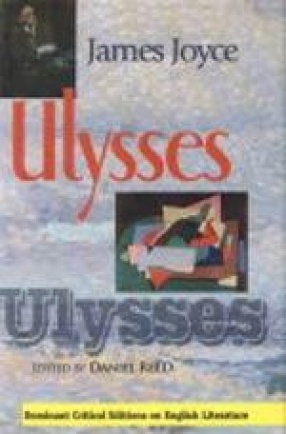
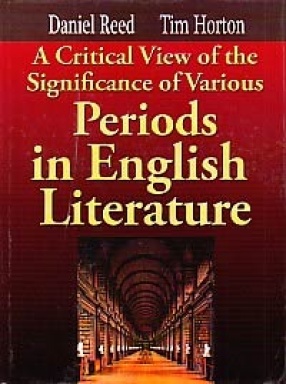
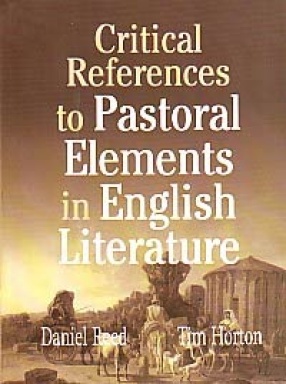
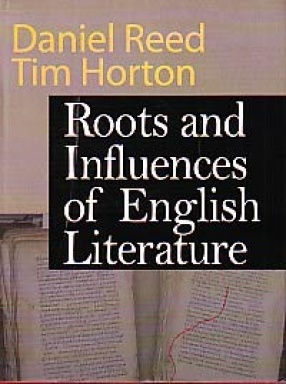

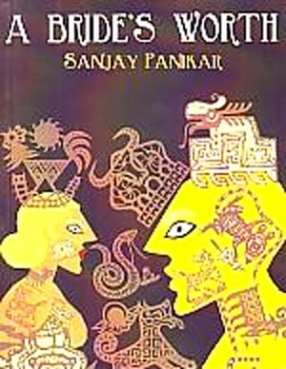
There are no reviews yet.